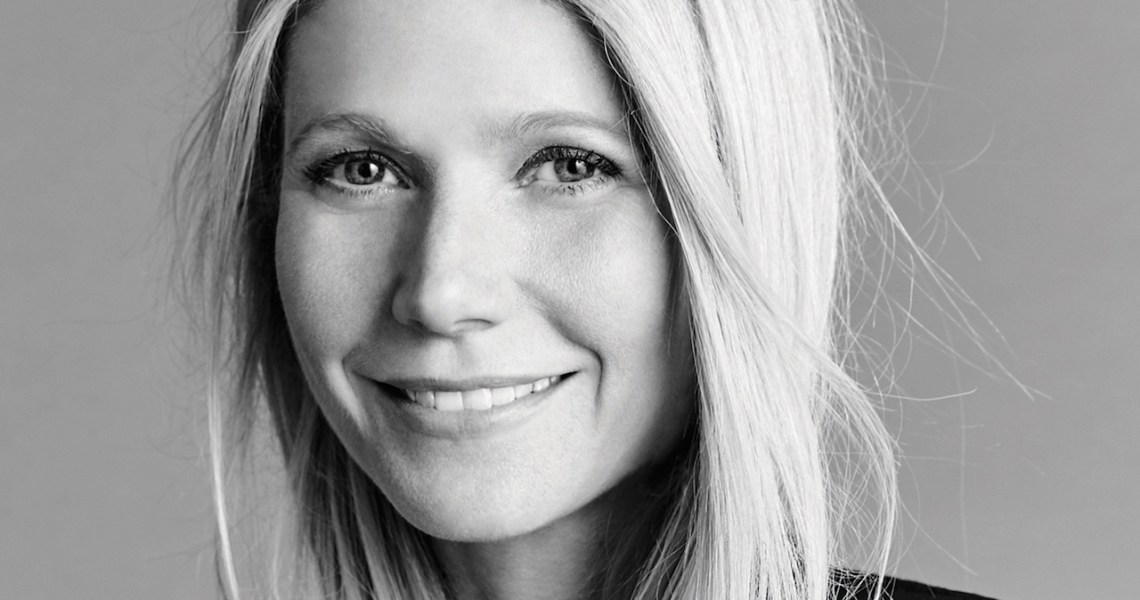On Tuesday, Goop’s private-label beauty brand, Goop Beauty, will begin rolling out a new partnership with Sephora.
First, Goop will launch its nine wellness products through Sephora.com, before debuting its GoopGlow collection of skin-care and ingestibles products in-store in 39 Sephora U.S. locations, followed by 14 doors in Canada on Feb. 28. Goop’s beauty products will be in 100 Sephora stores by the end of the year, and its detox collection called G.Tox and GoopGenes product collections will be added to the assortment this summer. Though Goop has standalone (as well as temporary) stores in places like Brentwood, California, and New York City and sells a select number of beauty products in clean retailers such as The Detox Market and Credo, Sephora will be its largest partner. According to Erin Cotter, Goop beauty general manager, Goop’s beauty business is its fastest-growing category, tripling in sales in the last two years and becoming almost 50% of its e-commerce sales.
“Our e-commerce has grown substantially, but beauty is still a sensorial category and people will always want to touch and feel products,” said Cotter. “Our core channel will continue to be our branded footprint, but infusing the brand in a large-scale retailer allows us to substantially grow awareness and reach new customers.”
Goop is ultimately betting that its beauty brand has the legs to compete outside the context of Goop’s own ecosystem. This follows its recent trajectory of expanding its business by reaching more men, expanding internationally to the U.K. and launching a new Netflix series on Jan. 24, The Goop Lab.
To support the launch in Sephora, Goop hired Jaimee Holmes in September 2019 as its new head of wholesale and is in the process of hiring a dedicated education manager for Sephora’s in-store training team. Goop has created an education package for Sephora’s beauty advisers with gratis products, an informational booklet and video content. The brand will also offer customers samples through the Beauty Insider program of its three best-selling products: a GoopGlow drink powder, a glycolic acid peel and an exfoliator.
Within beauty, there have been ongoing discussions around the relevance of physical stores and how to revive them in the face of e-commerce, and whether they are the best way to reach customers. For example, Glossier famously swore off brick-and-mortar, save for two of its own permanent locations, but recently launched a temporary shop-in-shop at Nordstrom for fragrance in December.
“All these different avenues can help a brand get closer to the customer and gain more customers, and the operational cost can be [made more efficient],” said Santiago Gallino, Wharton School of Business operations, information and decisions department assistant professor. “In the beauty category, it’s easy to repeat and repurchase once you know about a product, but having the first-hand experience and having a sales associate explain to a customer how to use a product has value.”
Ad position: web_incontent_pos1
Furthermore, Gallino said that if this Sephora partnership is successful, Goop could adopt more retail partnerships for its other private-label brands; Goop also operates fashion brand G. Label, which is currently only sold through Goop.com. Sephora also represents a culmination of how far the private-label brand has come since launching in 2016. The assortment has approximately 50 products across multiple categories, giving it the ability to stand on a shelf without being dwarfed by legacy brands.
“It’s not just the number of products; it’s also the way we have architected the products where we can tell a brand story,” said Cotter. “When you take the products outside the context of your universe, it’s important the products can be the first touchpoint [if you don’t know the brand] because they are a form of brand marketing.”




